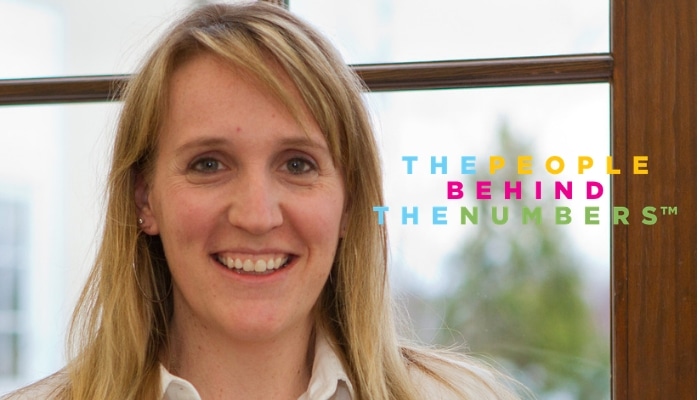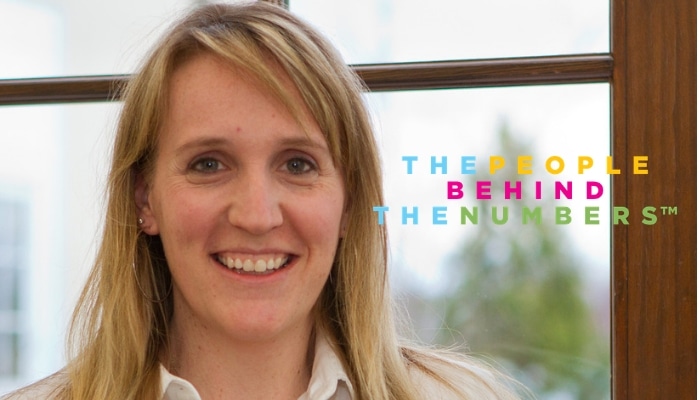This week, we talked with Crystal Junkins, CCS, CPC, Coding Specialist with Health Information Associates, about the steps she takes to find her routine.

Crystal Junkins, CCS, CPC, is a Coding Specialist with Health Information Associates.
Q: Describe in detail your daily routine.
A: I’m an early bird – and so is my baby. I am up at 5:30 to feed the baby and have my first cup of coffee. I make breakfast for the two of us, and then switch off baby duty with my husband and the dog and I head upstairs to my office by 7:00. I read emails and go through my pending charts list, and then code until coffee break around 10. I code again until lunch and then break to feed the baby, and let the dog out. I finish coding around 3 in the afternoon, and then head right out the door to pick up the older kids from school – and then it’s homework, various sports and music lessons, prepping and eating dinner, reading, and then bedtime.
Q: How do you maintain your routine day after day, week after week?
A: I think I am just naturally a creature of habit. Health is a real priority, eating right, taking care of myself, getting enough sleep… all of that helps me maintain a regular rhythm at work as well as in my personal life as a mom to 3 busy boys. Our family life is so full of various schedules and responsibilities that the daily/weekly routine is pretty much created for me.
As far as coding goes, one obstacle I have noted to maintaining a rhythm mainly occurs when I am switching to a new client. I have often found it very challenging to start at a new client, especially since it definitely slows down my productivity quite a bit at first. However, I know that it has been a great asset for me professionally to learn how to adapt quickly to new clients, new relationships, new software, and new ways of approaching coding. HIA is constantly pushing me to grow, and that’s definitely one of the things I love about working here! So when I am starting a new client, I try to take some time to figure out the best workflow for that particular site, as it can vary so much from one place to another. They all abstract a bit differently or store their documents and information in new places. And then once I get into a fluent workflow, I stick with it. I generally go through every chart exactly the same way (abstract/discharge disposition, admit order, CDI notes, H&P, Discharge Summary, Op notes, Consults, Progress notes, anesthesia notes, labwork/etc). I think being consistent in this way helps me hit my productivity numbers at a new client faster.
Q: What techniques have you found to minimize distractions?
A: One thing that is very helpful is just the location of my office in our home. I am upstairs tucked away in a spare bedroom, far from the kitchen and living room downstairs which is often a bustle of activity between the comings and goings of my husband, the dog, the 2 older boys, the baby and the nanny who watches him during the day while I work. I really can’t hear much of anything up there! I also leave my cell phone on the charger in the kitchen during the day and just check it when I come downstairs for lunch or coffee. I focus a lot better when it’s quiet, so I usually don’t have music playing either.
Q: What are the productivity goals that you set for yourself? And how do you track them?
A: Well – it’s great that HIA does the productivity tracking for me! I just try to log in and do my best every day. Some days seem to flow really smoothly and feel easily productive. And then some days… just feel really slow and challenging. I try not to worry about the numbers and just figure that the good and the bad days will balance each other out in the end.
Q: What motivates you the most? Positive feedback from managers, self-motivation by reaching personal goals, financing incentives? Or other?
A: Yes, all of those things are motivating. But mostly, I just like to end every day feeling like I did a good job. My dad told me that was the most important thing – and he’s right.
TIP: I know for sure that I am not the fastest chart reader around, but I am definitely a fast typer. I am a piano performance graduate – so I know I have a head for memorizing information and fast fingers.
I am sure typing fast helps a lot, but more importantly, I think I am always looking for ways to type less. I know that CAC programs can be controversial, but I definitely make use of it as a tool when I am working for a client who is utilizing auto suggested codes. I use the CAC codes as much as possible, when I am confident that the suggested codes are correct. At first I was hesitant to use the codes the CAC was suggesting, but now that I am becoming more familiar with the I10 codes, I can save a lot of time by entering the codes and POA status through the CAC instead of typing it all in. The fewer key strokes the better! I know my productivity has gone up since I started making better use of the CAC.




